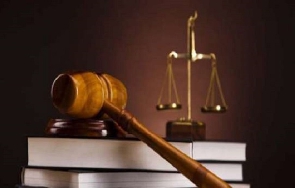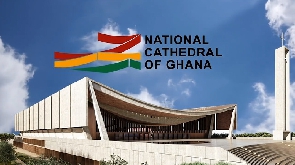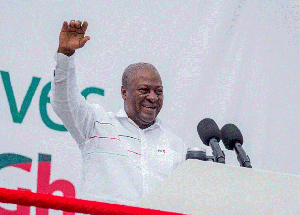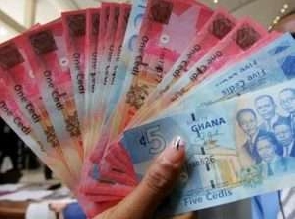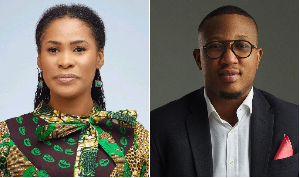Government spending on the National Cathedral project was prominent in a parliamentary committee sitting on a censure motion that probed Minister of Finance Ken Ofori-Atta’s [mis]handling of the economy.
The Member of Parliament for North Tongu, Samuel Okudzeto Ablakwa, asked a series of questions of the Minister when he appeared before the committee stressing the fact that disbursements for the project did not get the required parliamentary approvals.
In explaining where the expended monies were drawn, Ofori-Atta referred the committee to the Contingency Fund available to the government and justified how and why monies from the fund were used.
Political Risk Analyst, Theo Acheampong, is not convinced by Ofori-Atta’s explanation stressing that it was problematic in the first place to fetch monies from a fund for a project that was clearly not a contingency-related one.
"The funds in the Contingency Fund are meant to be used for very specific things. The name of the fund gives it away; it’s a contingency.
“How and why a National Cathedral project will be classified as a contingency beats my mind and I’m sure it’s the same case for many other Ghanaians," he stated in an interview on Accra-based Joy FM, November 21.
Ofori-Atta is currently the subject of a censure vote brought against him by the Minority Caucus in addition to 98 NPP lawmakers also demanding his immediate sack.
An eight-member ad hoc committee that probed the seven grounds for censure struck out two of the grounds and is set to present its report to the plenary today.
An economy in distress
The economy is facing major headwinds that have been characterized by galloping inflation, consistent depreciation of the cedi and general high cost of living and of doing business.
The government is hoping to reach a deal with the International Monetary Fund, IMF, for an economic support programme aimed at shoring up the economy and easing the burden on ordinary Ghanaians.
President Akufo-Addo and his government have come under heavy scrutiny for failing to address the current economic challenges in the country.
The prices of goods and services have been continuously rising all year round, with inflation currently at over 40 per cent.
The Ghana cedi has been ranked the worst currency in the world among 148 currencies tracked by Bloomberg, overtaking Sri Lanka's rupee, having depreciated by nearly 50 per cent so far in 2022.
Click to view details



General News of Thursday, 24 November 2022
Source: www.ghanaweb.com
How National Cathedral is a contingency beats my mind – Economist
Opinions
